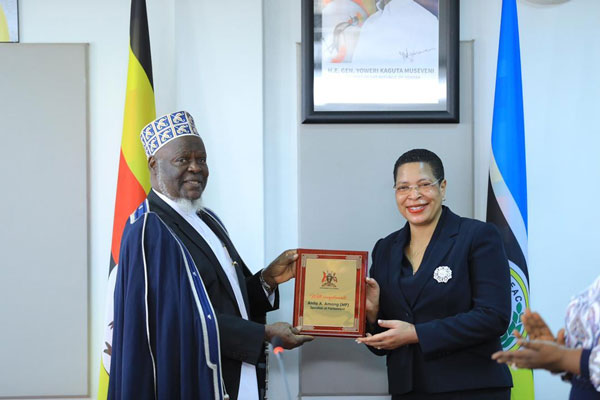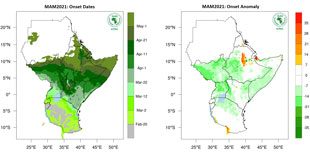
Kampala, Uganda | THE INDEPENDENT | As the controversy on DNA testing continues to perplex Ugandans, the Muslim community faces a dilemma with various scholars, Imams, and preachers expressing differing religious perspectives on its permissibility. This diversity of opinions has led to division among the faithful, leaving many unsure of which path to follow as each expert refers to the holy scriptures for validation.
The debate has attracted the attention of the Mufti of Uganda, Sheikh Ramadhan Shaban Mubaje. According to Sheikh, Mubaje, DNA testing is a huge matter that cannot be taken at face value without a critical understanding of Islamic laws, and holy scriptures.
To resolve the confusion and bring clarity to the matter, Mufti has announced plans to convene a meeting of the College of Eminent Sheikhs (Majilis Al-Ulama) to provide clear and consistent guidance on the matter. The College of Sheikhs comprises 24 learned Sheikhs, with the Mufti serving as its Chairperson. The panel includes his two deputies, the Secretary for Religious Affairs, and 20 Sheikhs representing each Muslim region.
The Majlis Al-Ulama, following the guidelines outlined in the amended UMSC constitution, holds the responsibility of addressing and making final decisions on all matters related to the interpretation of the Holy Scriptures, including the Quran and Hadith. Once they reach a collective interpretation, the Mufti will issue a Fatwa, which is an Islamic religious leader’s authoritative legal opinion or decree.
As the faithful wait for the College of Sheikhs to address the issue of DNA testing in line with Islamic teachings, scholars like Dr. Abdul-Hafiz Walusimbi, a Sharia expert and head of the Sharia Department at the Islamic University in Uganda (IUIU), and Sheikh Muhammad Sekkadde have expressed their opinions on the matter. According to Dr. Walusimbi, there is no explicit text in Islam specifically relating to DNA testing.
Instead, scholars have relied on their comprehension of Islamic jurisprudence to interpret and adapt these teachings to modern situations. Dr. Walusimbi explains that over the years, numerous scholars have been utilizing available information to formulate opinions on whether DNA testing can be utilized in Islam to establish parentage.
In Islamic law, when a man accuses his wife of adultery and seeks divorce, the couple is brought before a competent Muslim judge to swear invoking the curse of Allah on the one lying. If the curses are exchanged, the marriage is immediately dissolved, and the custody of the children goes to the mother.
However, the situation becomes more complex when there is a child involved, and the husband also doubts the child’s paternity. Dr. Walusimbi highlighted that in the past, situations have arisen where DNA tests were utilized to determine biological parentage. He, however, cautioned married Muslims to approach DNA testing with critical consideration as it may lead to the emergence of more complex and challenging questions.
On the other hand, Sheikh Sekkadde, during a lecture at Makerere University, urged caution when considering DNA testing for children. He stressed that such testing should only be carried out if a specific individual is claiming the child’s paternity and there is a genuine need to determine the child’s parentage to resolve disputes.
Sekkadde further advised couples not to accuse each other of adultery without concrete evidence and encouraged families to work diligently to prevent marital breakdowns.
*****
URN
 The Independent Uganda: You get the Truth we Pay the Price
The Independent Uganda: You get the Truth we Pay the Price


